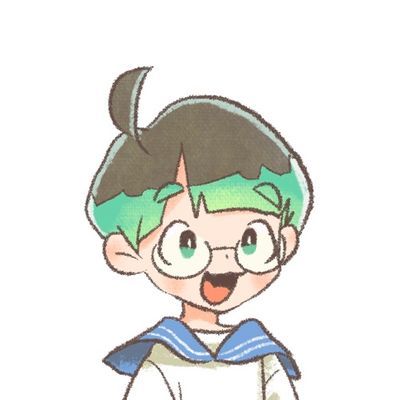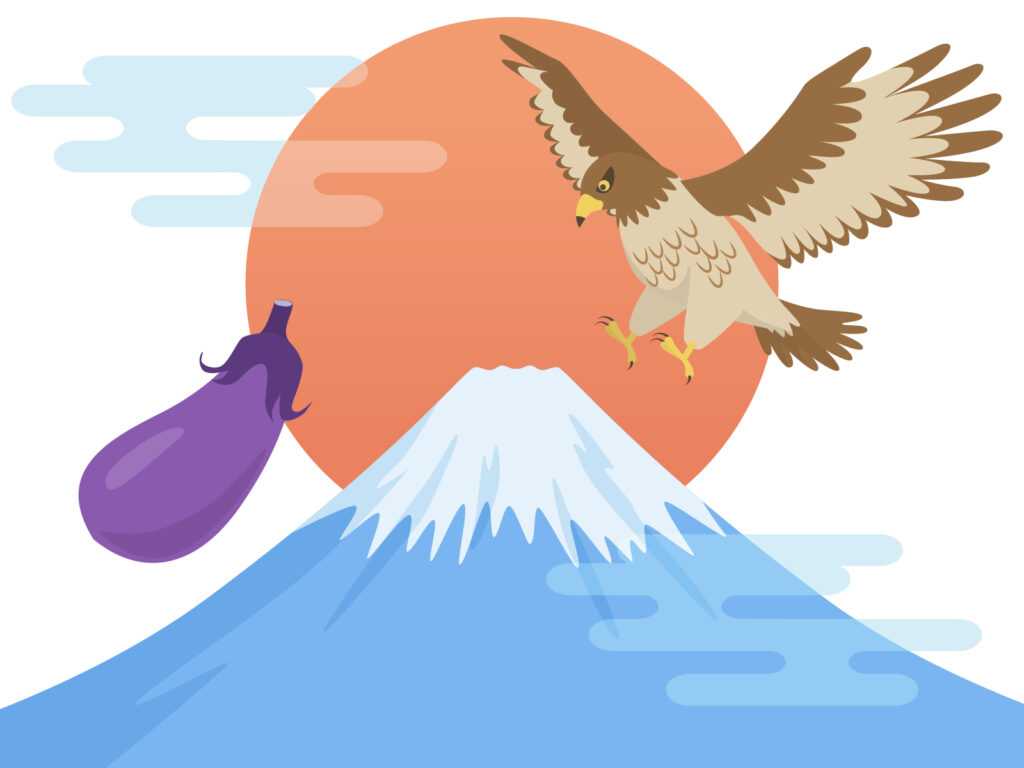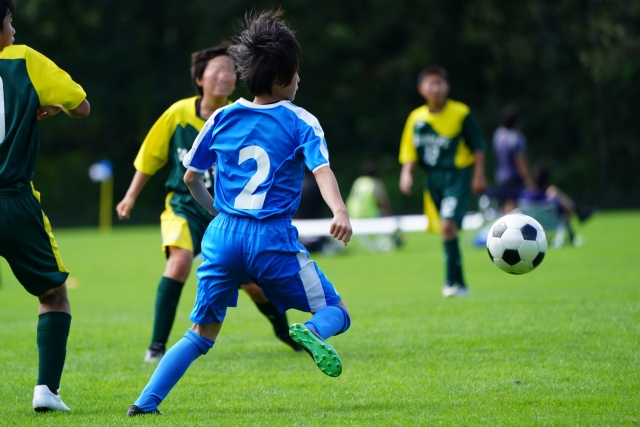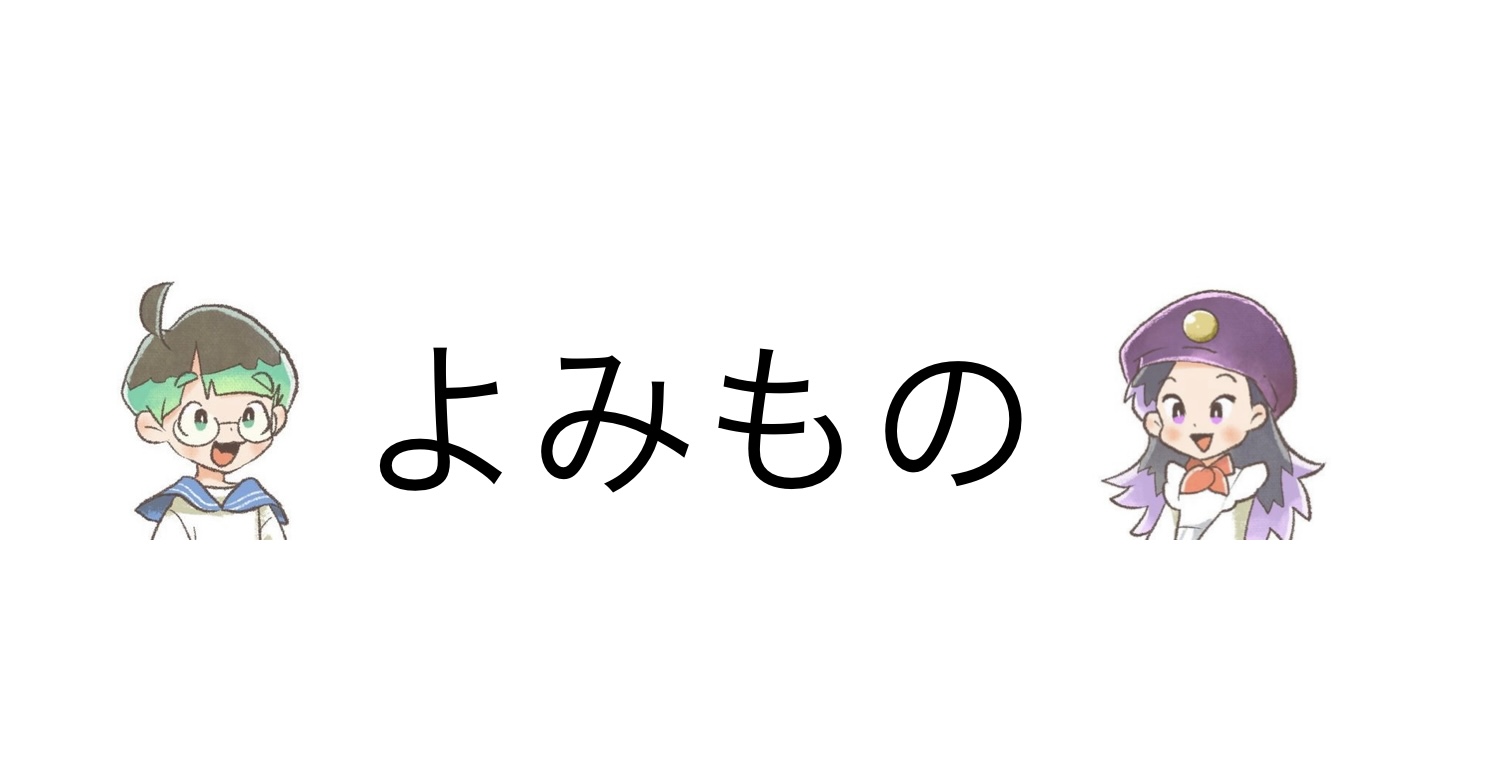
夢には2つの意味がありますよね。
夢には、2つの意味があります。
1つめは、人が眠っている間に、あたかも本当に起こっているかのように感じることです。見ることが多いのですが、聞こえたり、触っている感じがしたりすることもあります。

では、なぜ夢を見るのでしょうか。それは脳がはたらいているからです。私たちは、1日のつかれをとるために体をゆっくりと休ませます。眠っている間は、体が休んでいるので、脳も休んでいるのです。
しかし、脳の一部分は、眠っている間も活動しています。夢は、人間が眠っている間に、脳の一部分がしていることなのです。
日本では、新年の日に見る夢を初夢としています。「一富士、ニ鷹、三茄子」という言葉があります。富士山、鷹、茄子を見ると良いことがあると言われています。

夢の2つめの意味は、将来したいことや、願いや、実現したいことです。
今は、実現していないけれども、将来かなえたいことです。
子どもの場合は、将来なりたい職業のことをさすこともあります。
小学生の将来の夢は、スポーツ選手、漫画家、イラストレーターなどになることが多いです。

夢はいろいろな努力をすることで、その通りになることもあります。
⭐️ ⭐️
関係する言葉について書いたものも読んでください。
元日 New Year’s Dayにすすむ(このブログにあるページ)
イラストレーターにすすむ(このブログにあるページ)
Dreams
Dreams have two meanings.
The first is that while one is asleep, one feels as if it is really happening. We often see them, but we may also hear them or feel them touching us.
So why do we dream? It is because our brain is working. We rest our bodies slowly to recover from the day’s work. While we are asleep, our brain is also resting because our body is resting.
However, a part of the brain is still active while we sleep. Dreaming is what part of the brain does while we are asleep.
In Japan, the dream you have on New Year’s Day is called “Hatsuyumu,” or the first dream of the year. Mt. Fuji, hawk, and eggplant. It is said that seeing Mt. Fuji, a hawk, and an eggplant will bring good things.
The second meaning of dreams is what we want to do in the future, what we wish for, and what we want to realize.
It is something that has not yet come true, but that we want to achieve in the future.
In the case of children, it can also refer to a future career.
The future dreams of elementary school students are often to become athletes, cartoonists, illustrators, and so on.
Dreams can come true through various efforts.




コメント